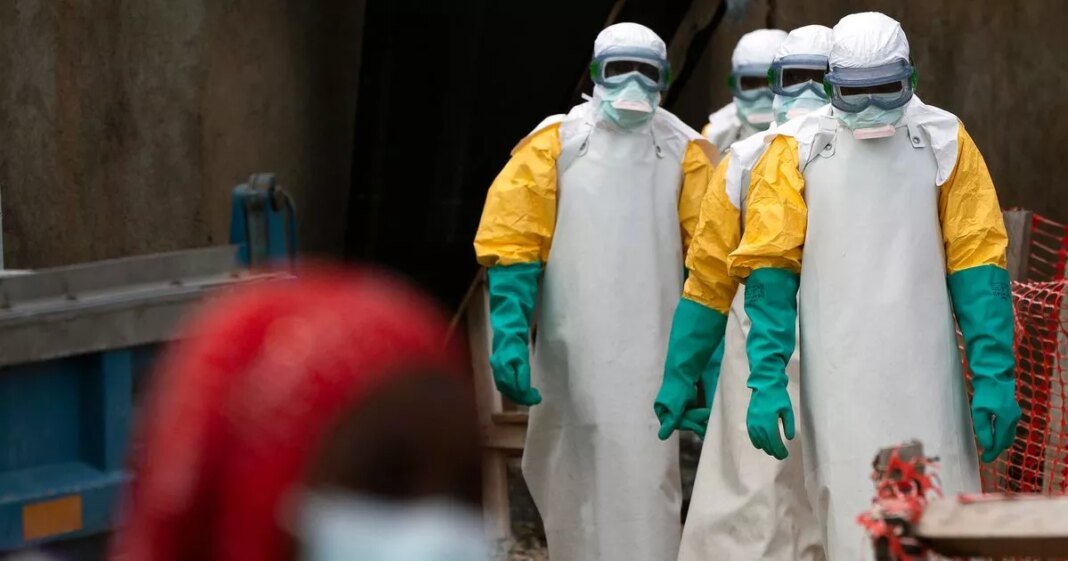An outbreak of Ebola has been officially announced in the Democratic Republic of the Congo, where 15 individuals, including four healthcare workers, have lost their lives, and many more are suspected to be infected. Health authorities have validated 28 potential cases as of September 4. The warning was raised in the Bulape and Mweka health regions, where victims displayed typical symptoms like fever, vomiting, diarrhea, and bleeding. Laboratory tests conducted on September 3 at the National Institute of Biomedical Research in Kinshasa confirmed that Ebola Zaire was the causative agent.
A national Rapid Response Team has been dispatched, accompanied by experts from the World Health Organization (WHO) specializing in epidemiology, laboratory procedures, case management, and infection prevention. Their primary objective is to establish disease surveillance, enhance safety protocols in healthcare facilities, and provide immediate treatment.
The WHO has swiftly delivered two tons of crucial supplies, including personal protective gear, portable laboratory equipment, and medical supplies. However, the affected area remains challenging to access, with relief workers enduring a strenuous day-long journey from Tshikapa, the provincial capital, due to limited flight options.
Dr. Mohamed Janabi, the WHO Regional Director for Africa, stated, “We are taking decisive actions to swiftly contain the virus spread and safeguard communities.” Leveraging the country’s extensive experience in managing viral outbreaks, close collaboration with health authorities is underway to rapidly escalate critical response measures and put an end to the outbreak at the earliest opportunity.
According to the NHS, Ebola is a severe and uncommon infection typically prevalent in specific regions of Africa. The virus can be contracted through contact with the bodily fluids of an infected person or wild animal. Symptoms usually manifest between two and 21 days post-exposure.
The onset of symptoms can be abrupt and may include flu-like signs such as high fever, extreme fatigue, and headache. Ebola can also induce various other discomforting symptoms like vomiting, diarrhea, abdominal pain, skin rashes, and jaundice.
Individuals infected with Ebola may observe blood in their stools, widespread bruising, and bleeding from the ears, eyes, nose, or mouth. The Democratic Republic of the Congo witnessed its previous Ebola outbreak in the northwestern Equateur province in April 2022, which was successfully contained in less than three months due to the concerted efforts of health authorities. Since its discovery in 1976, there have been a total of 15 Ebola outbreaks in Congo.

